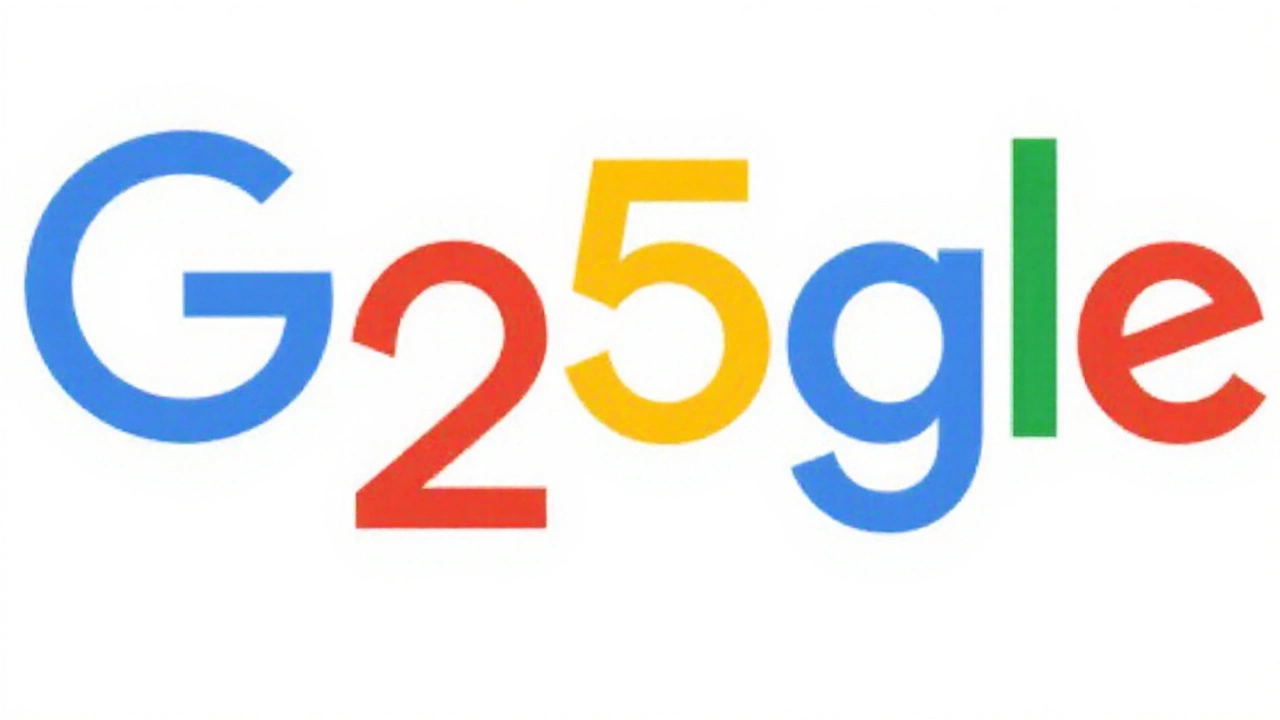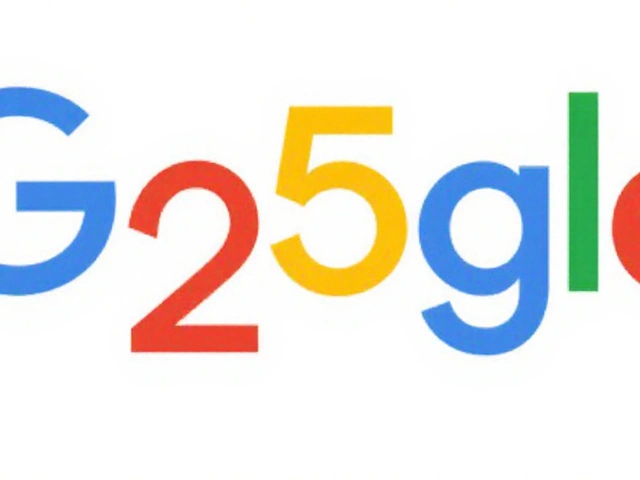Origins and the first big break
Back in the late 1990s Larry Page and Sergey Brin were just two PhD students at Stanford, tinkering with a project they called “Backrub.” They wanted a better way to rank web pages by looking at the links between them. The idea was simple: the more other sites pointed to a page, the more important it probably was.
One night they realized the word “googol” – a 1 followed by 100 zeros – captured their ambition to sort the massive amount of data online. A quick misspelling later, “Google” was born. A tiny loan from Andy Bechtolsheim, a co‑founder of Sun Microsystems, gave them the cash to move out of the dorms and into a rented garage in Menlo Park.
Within months the search engine was handling half a million queries a day. By September 2005 Google stopped showing how many pages it had indexed, a move that also let them shift the official birthday to September 27 – the day they finally overtook Yahoo in indexed pages.
- 1998 – Company incorporated on September 4
- 2005 – Birthday moved to September 27
- 2006 – “Google” added to the Oxford English Dictionary as a verb
- 2022 – $282 billion in annual revenue, $162 billion from Search
Beyond search: AI, cloud and the next 25 years
Google never stopped adding new products. Maps gave us turn‑by‑turn directions, YouTube turned the internet into a video stage, and Android turned phones into pocket computers. Today the company runs the Google Cloud platform, which Sundar Pichhi calls the engine that will power the next wave of AI.
Generative AI is the buzzword everyone is talking about, and Google is betting big. The firm says around 70 % of the newest AI‑focused startups already use Google Cloud. Their AI tools are being woven into everything from Gmail’s smart replies to Google Docs’ new “Help me write” feature.
Looking ahead, the company says AI could be “bigger than the internet itself.” They imagine AI helping predict natural disasters, tutoring kids in any language, and even customizing news feeds on the fly. The challenge? Staying ahead of rivals while keeping privacy and bias concerns in check.
The Google anniversary isn’t just a party – it’s a reminder that a garage idea can become a global force. As the next quarter‑century unfolds, the same curiosity that drove Larry and Sergey will likely keep the company pushing the boundaries of how we find, use, and create information.








Write a comment